What is the Swiss Water Process?
Share
What is the Swiss Water Process for coffee decaffeination?
The Swiss Water® Process of decaffeination ensures that your coffee beans have been decaffeinated chemical-free. The process allows the caffeine to be extracted by soaking coffee beans in water and introducing a Green Coffee Extract (GCE) which is a solution made from a combination of fresh water and soluble solids in coffee (less the caffeine).
How does the Swiss Water Process work?
Here's the science part! The steps in the Swiss Water Process of coffee decaffeination are as follows:
1. Small batches of coffee beans are cleaned and hydrated with pure, local water to expand the bean
2. A caffeine-free Green Coffee Extract (GCE) (developed for the Swiss Water® Process) is introduced to the cleaned, expanded beans
3. An imbalance in caffeine content causes the caffeine to naturally leave the coffee and move into the GCE
4. This process and caffeine levels are monitored for approximately 10 hours per batch. During this time, the process is repeated until the coffee is 99.9% caffeine-free. Then the coffee is dried, bagged and shipped
5. Meanwhile, the Caffeine and GCE solution flow through filters (carbon filtration), trapping the caffeine and separating it again from the GCE
6. GCE is refreshed, recycled and used again and again
How does the Swiss Water® Process compare to other coffee decaffeination methods?
Alternatives to the Swiss Water® Process include Methylene Chloride, Ethyl Acetate, Sugarcane or 'Natural' decaffeination process and the carbon dioxide decaffeination process. It is worth knowing how these other decaffeination methods compare to the Swiss Water method:
Methylene Chloride in the coffee Decaffeination Process
Methylene Chloride (or dichloromethane) is widely used in chemical solvent coffee decaffeination processes.
Methylene Chloride has been banned in some industrial products such as paint thinners, due to its toxicity.
Ethyl Acetate, Sugarcane or ‘Natural’ Decaffeination Process
Ethyl Acetate (or acetylated ethyl alcohol) is another popular chemical solvent process used for decaffeinating coffee.
Ethyl Acetate is derived naturally, and so has been described as ‘natural’, however, when used on a commercial scale, synthetic production is needed. Ethyl Acetate is known to change the taste of coffee. It can give coffee a fruity flavour, which tends to linger.
Carbon Dioxide Decaffeination Process
Although carbon dioxide, or CO2, is a naturally occurring gas, it is typically extracted from industrial byproducts for use in commercial applications. CO2 is employed under pressure in the decaffeination process to enhance its extractive qualities. Chemical solvents are not used in the carbon dioxide decaffeination process.
Swiss Water Process, Fairtrade and Soil Association Certifications
Importantly, the Swiss Water Process allows our Fairtrade and Soil Association coffee to remain certified. The use of chemical processes could not ensure this for organically grown coffee beans.
Owens Organic & Fairtrade certified Swiss Water Process decaffeinated coffee
Give it a try! It was important to us that if we made a decaffeinated coffee, that it was really, really good. Our Décaf blend is the result and has been enjoyed by many of our customers for many years. Why not give it a try? And don’t forget, you’ll save 10% when you purchase Décaf on subscription. Just select the subscription option when you place your order.

